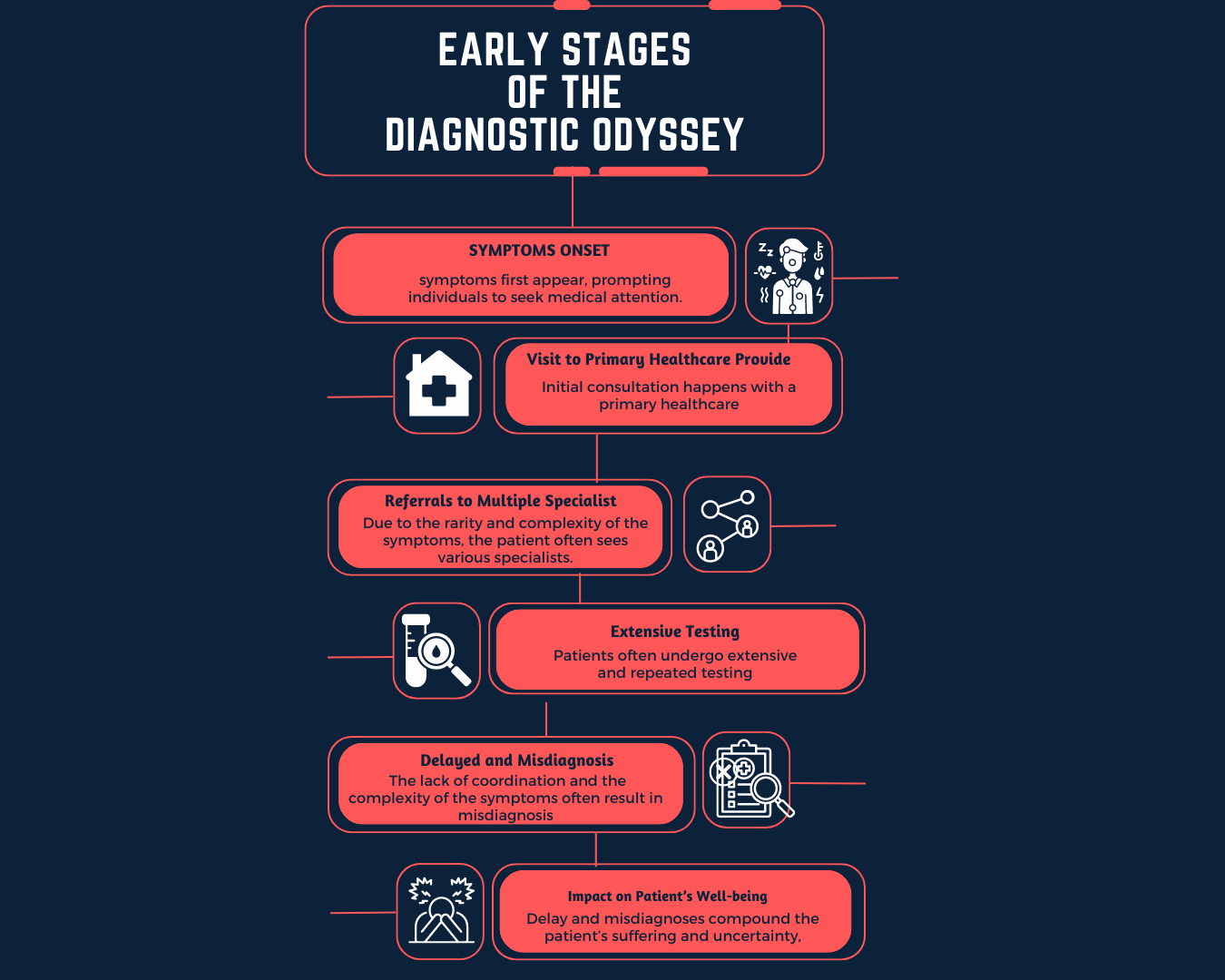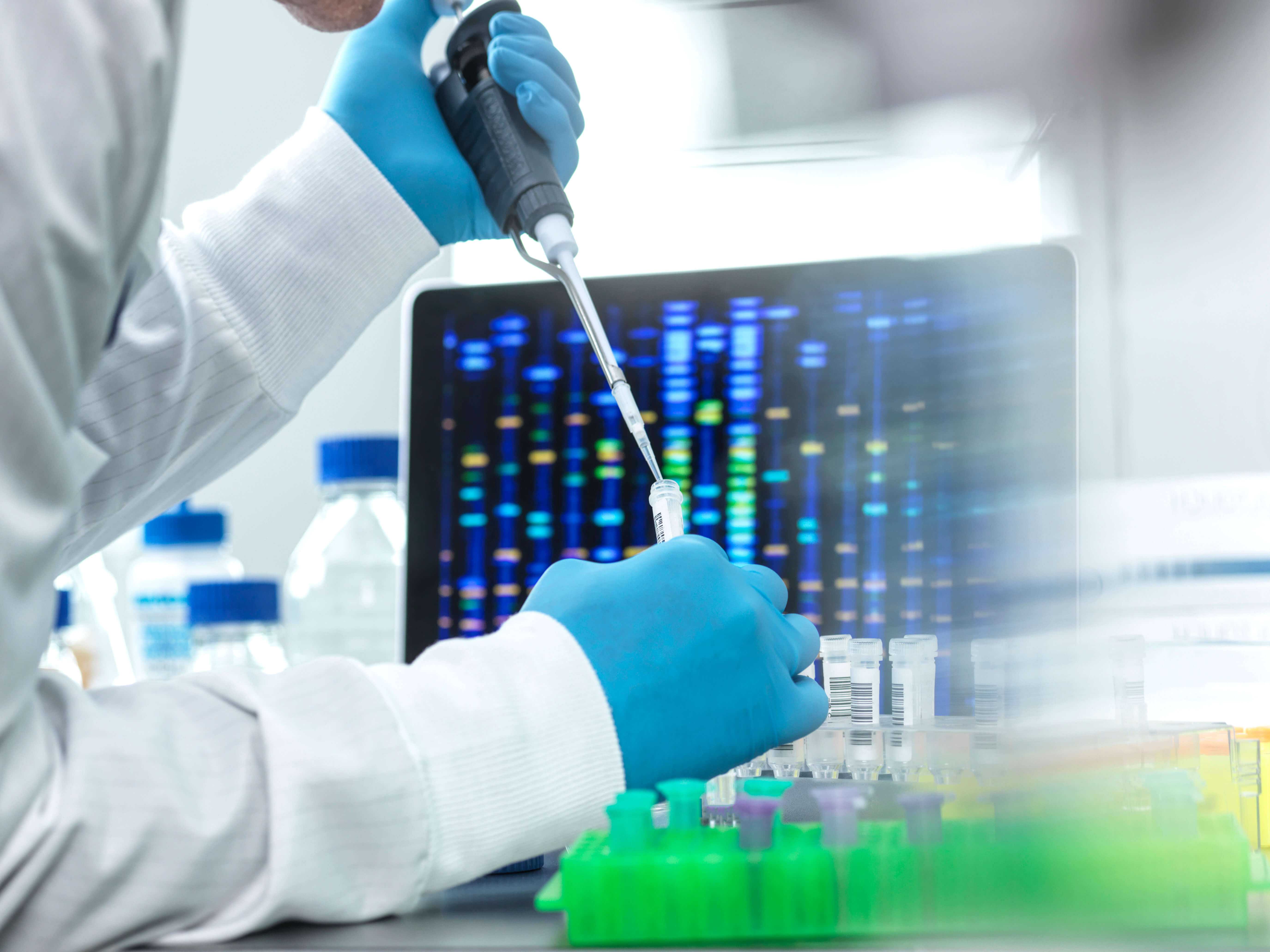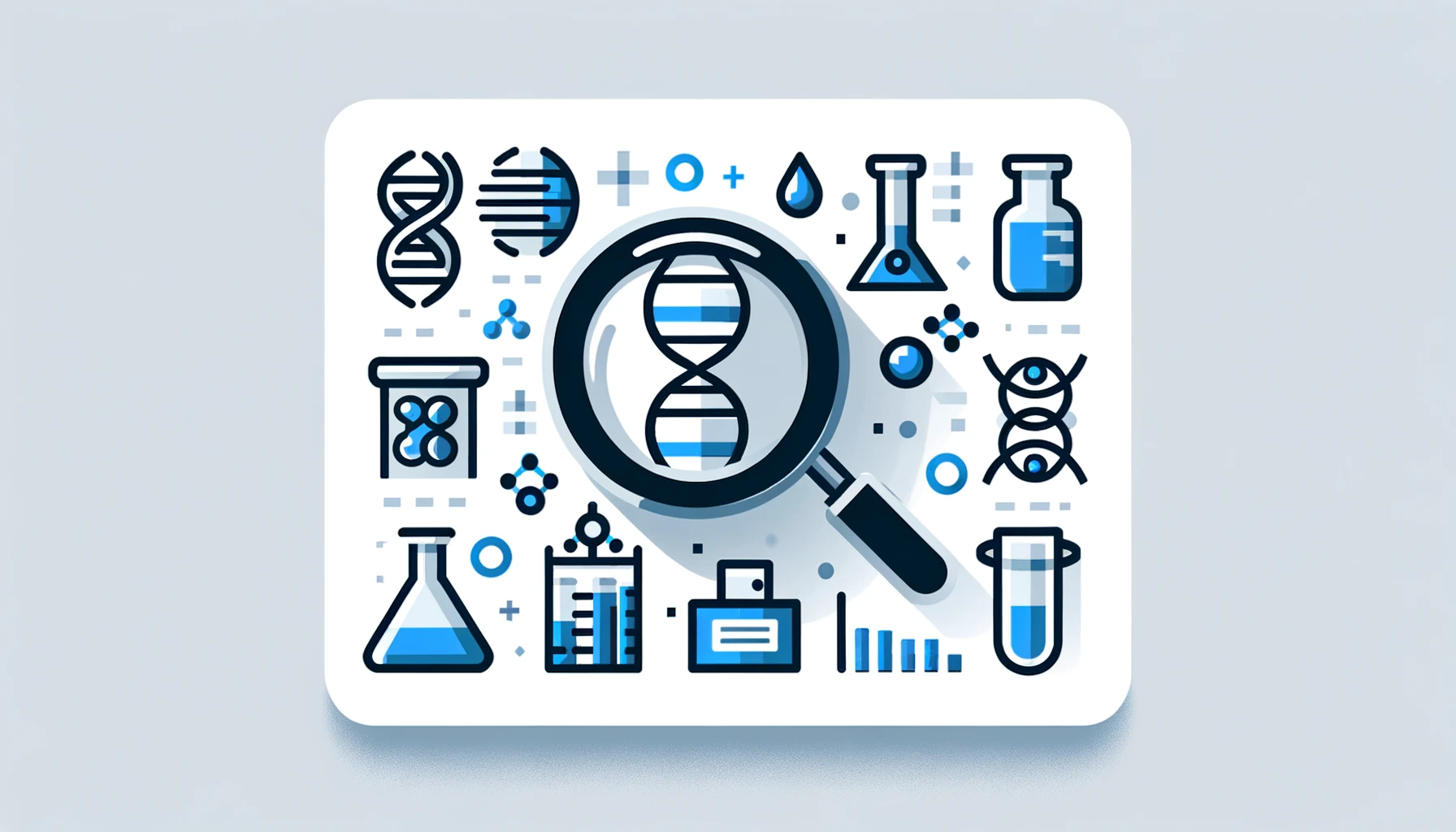How to choose the best genetic testing lab for your research?

Understanding Your Research Needs
The first step in the journey of choosing the best genetic testing laboratory is to clearly define your research needs.
Are you embarking on whole-genome sequencing, focusing on targeted sequencing for specific genes, or exploring the intricacies of genetic conditions?
Whole genome sequencing
In recent years, there has been a steady increase in the number of researchers conducting genome research with whole genome sequencing (WGS). There are several compelling reasons.
First, WGS provides the most comprehensive genetic data available. It sequences the entire genome, capturing all the genetic information, including coding and non-coding regions. This can be invaluable for a wide range of research applications.
Also it is effective at identifying rare and novel genetic variants, which might be missed by more targeted sequencing methods. This is essential for research focused on understanding the genetic basis of rare diseases or conditions. And WGS is capable of detecting large-scale structural variations in the genome, such as insertions, deletions, inversions, and translocations. This information is vital for research on structural genomics and genomic rearrangements.
Finally, WGS provides a wealth of data that can be revisited for new research questions without the need for additional sequencing. This future-proofs research projects, as data can be reanalyzed as new insights and methods emerge. This data can be integrated with other omics data, such as transcriptomics, epigenomics, and proteomics, for a more comprehensive understanding of biological systems and pathways. This integrated approach is increasingly important in systems biology research.
3billion provides optimised WES/WGS genetic testing services for researchers. Many researchers around the world use our proven technology to conduct their research. Get an affordable research quote right now. - You can decide later.
Consider the Following Factors
1. Expertise and Reputation
Selecting a genetic testing company with a strong reputation and a track record of excellence is paramount. Look for organizations that have demonstrated expertise and experience in the genomics field. This is not a realm where trial and error is acceptable. Your chosen partner should have a reputation for delivering quality and reliable results.
Ensure that the lab is accredited and certified by relevant regulatory bodies. In the United States, for example, look for Clinical Laboratory Improvement Amendments (CLIA) certification. Accreditation demonstrates that the lab meets specific quality and performance standards.
2. Services Offered
Different genetic testing companies offer various types of genetic testing services. These include whole-genome sequencing, exome sequencing, targeted sequencing, and specialized tests for specific genetic conditions. Assess your research objectives and ensure that the company's service offerings align with your needs.
3. Technology and Platforms
Understand the sequencing technologies and platforms employed by the company. Advances in sequencing technologies can greatly impact the quality and depth of genetic data obtained. Ensure that the company employs state-of-the-art equipment and methods to meet your research goals.
4. Quality and Accuracy
Quality control and precision are non-negotiable in genetic testing. Look for companies that adhere to stringent quality standards and possess ISO certification. High data accuracy is essential for meaningful research outcomes.
Ask about their processes for sample handling, testing, data analysis, and data storage. A reliable lab should have robust quality assurance practices in place.
5. Data Analysis and Interpretation
Robust data analysis and bioinformatics capabilities are essential. The ability to translate raw genetic data into meaningful insights is crucial for your research. Investigate the company's proficiency in data analysis and interpretation.
6. Turnaround Time
Consider the turnaround time for obtaining results. In time-sensitive research, fast results can be critical for making informed decisions and progressing with your work. Discuss expected timelines with the company.
7. Cost and Budget
Balance quality with cost considerations. Different genetic testing companies may have varying pricing structures. Seek transparency in pricing and choose a provider that aligns with your budget while meeting quality standards.
Be sure to consider not only the upfront testing fees but also any additional costs for data analysis, interpretation, and reporting.
8. Customer Support and Communication
Responsive and supportive customer service is invaluable. Effective communication with the company can greatly enhance your research experience. Choose a provider known for its customer-centric approach.






















